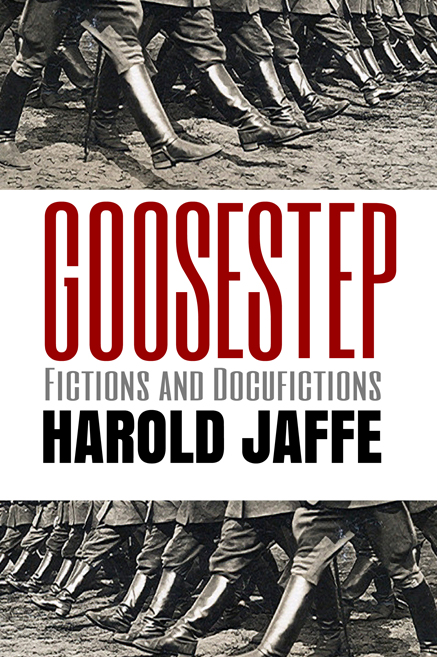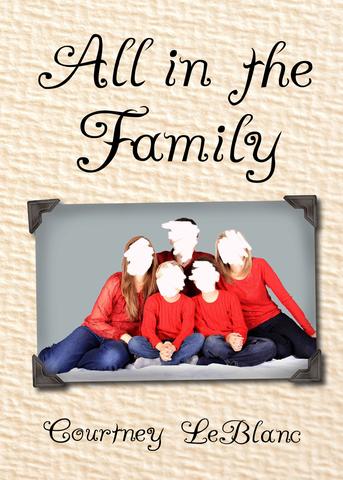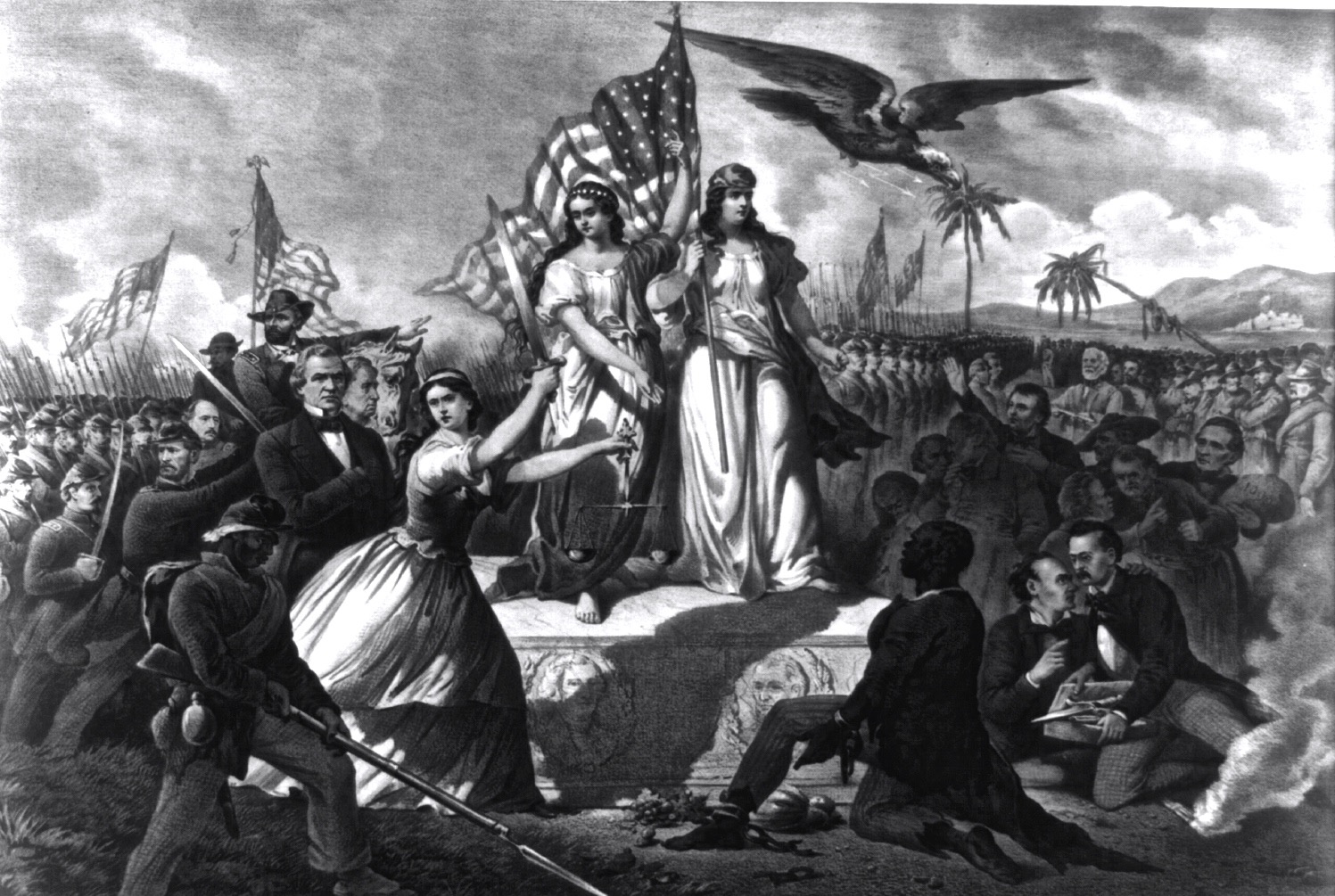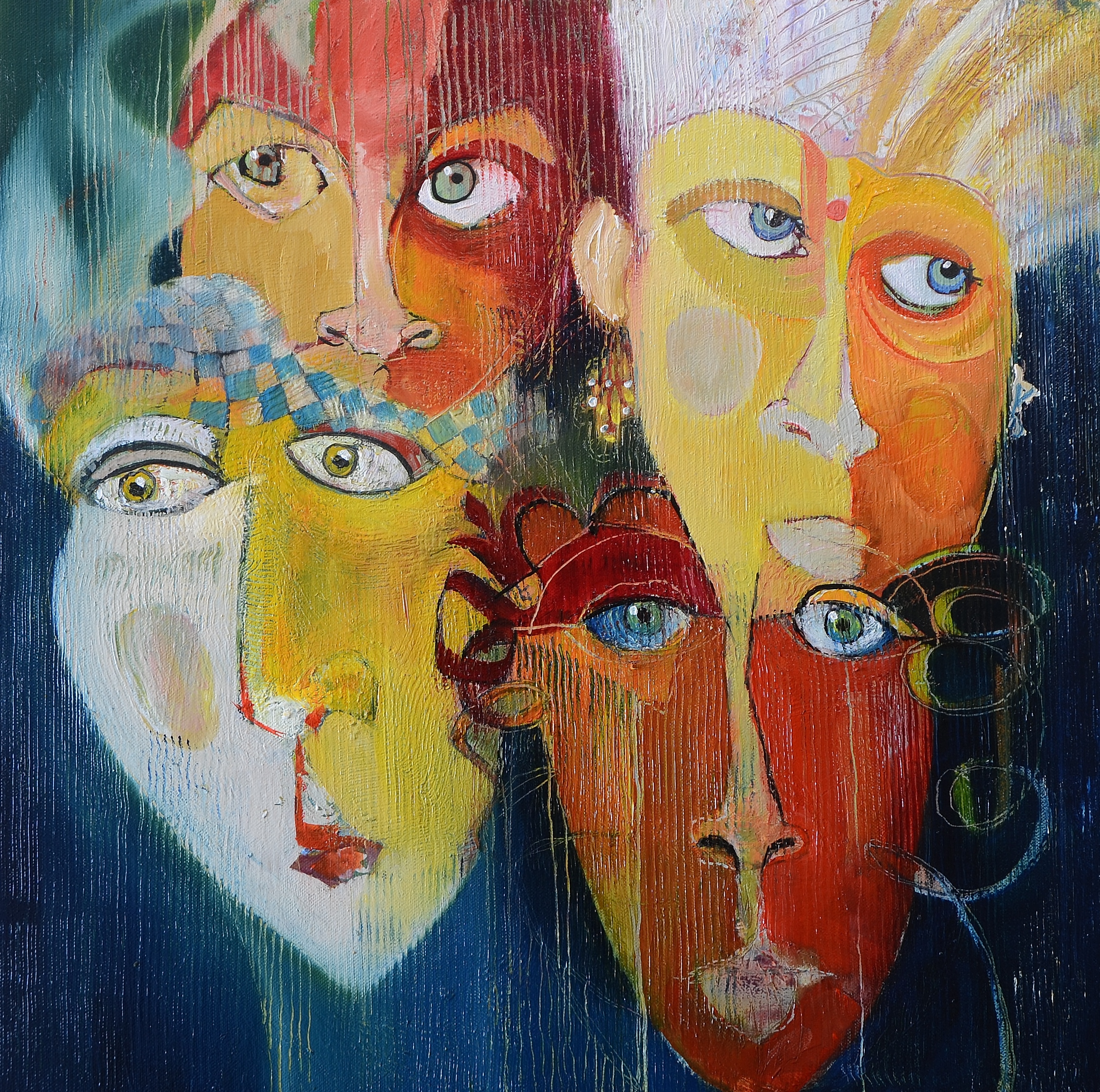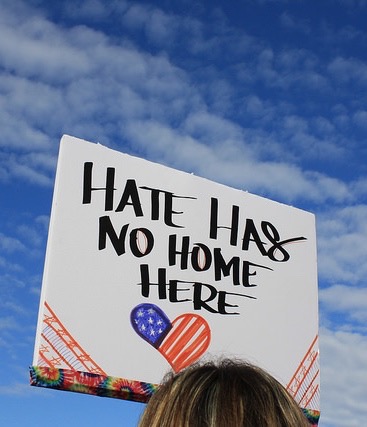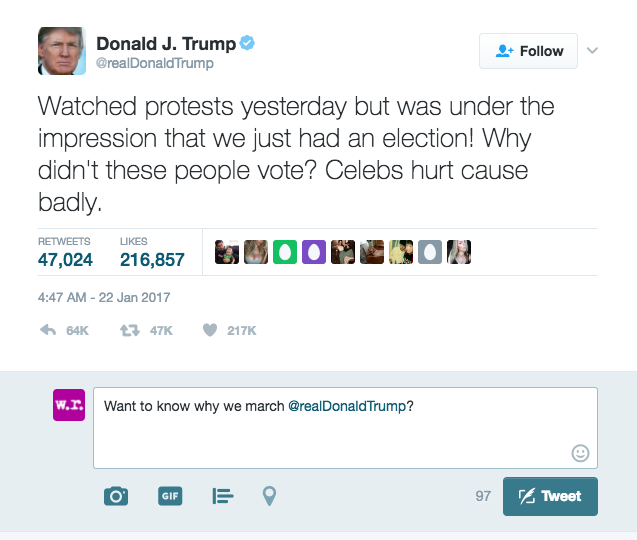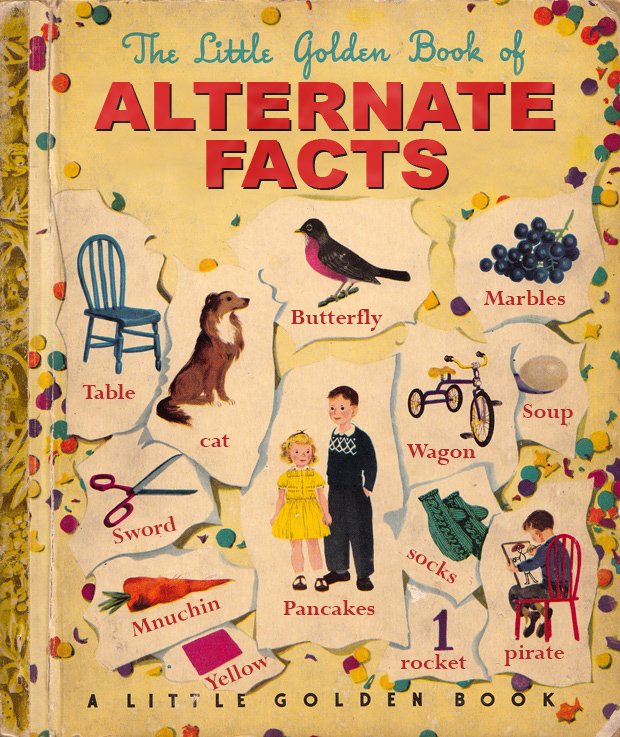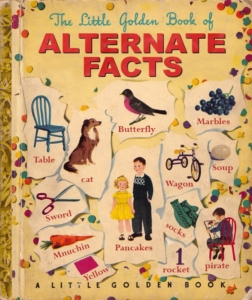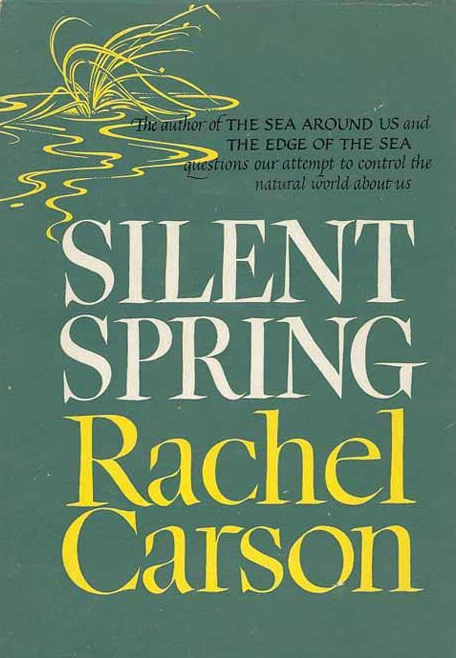Black Lives Matter? Will Our Stories Save Us?
By Amy Abugo Ongiri
Asa Sullivan didn’t want to go back to jail and he shouldn’t have had to. But, on June 6, 2006, neighbors in a rapidly gentrifying area of San Francisco called the police to report what they believed to be suspicious behavior.
Though they did not have a search warrant, police entered an apartment that Sullivan and a friend were cleaning for another friend. Asa Sullivan’s friend quickly surrendered to the police but Sullivan—who had recently been released from jail and was on probation for selling pot—chose to hide rather than risk one more interaction with the San Francisco Police Department.
Unarmed and, by all accounts, terrified, Sullivan became trapped in that attic when police entered through the only exit. Although Sullivan was unarmed, police claim an “exchange” of gunfire caused them to shoot him five times in the face and sixteen times in total, killing him instantly. Police labeled it “a standoff,” but the entire event took less than fifteen minutes to unfold.
Asa Sullivan was a typical son of a San Francisco that was rapidly disappearing. Thanks largely to the technology boom of the 1990s, San Francisco had become the most expensive city in the world in the twenty-five years since Sullivan was born there. Working class and mixed-race, Asa did not fit the profile of what some newly-arrived residents thought their neighbors should look like. Both Asa and his friend had permission to be in the apartment, but, in a rapidly gentrifying San Francisco, who had the right to be where and when often became a police matter.
Asa’s brother, Khalil Sullivan, tells the story in a piece he wrote for the San Francisco Bay View.
I went into that attic myself, just as he had that night, and climbed to the area where he was last alive. I saw my brother’s blood covering the floor and walls. There were holes from bullets everywhere, in the rafters and the walls. … A big hole was in the attic floor over the bedroom, where they must have pulled him down.
I couldn’t help but cry while I was in that place, trying to put myself in his place to find out what happened.
After his murder, Sullivan’s surviving family members began what would turn out to be a protracted and painful attempt to get explanation and retribution for their loss through the court system. The case, which seemed to be a battle of competing narratives, eventually made it so far that an appeal from the city to dismiss the case was turned down by the United States Supreme Court. It raised the question: Can our information really save us? Can we ever tell our story in such a way that someone will hear it differently this time?
Khalil Sullivan’s account of his brother’s murder continues in the tradition of what literary historians call “slave narratives.” Black abolitionists not only organized against slavery, they wrote about it. They took written action to save their lives and the lives of their people. Henry Louis Gates and Charles T. Davis wrote one of the first academic studies of the literature created by African Americans during slavery. The Slave’s Narrative explores the fact that people of African descent in Europe and the Americas created a larger body of written evidence of their enslavement than any other people in human history. Slave narratives existed, according to Davis, “for the slave to write himself into the human community through the action of first-person narration.”
Like African-American abolitionists Frederick Douglas and Harriet Jacobs, and their Afro-British counterparts, Olaudah Equiano and Mary Prince, Khalil Sullivan was writing about despair to literally save his life and the lives of those like him who are trapped in a system that otherwise refused to hear their story.
These abolitionists’ slave narratives were so popular in their lifetimes that they helped turn international opinion against slavery. Mary Prince’s autobiography, published in 1831, sold out three complete runs in its first year alone and Equiano’s autobiography, first published in 1789, has never gone out of print. Equiano was a founding member of the Sons of Africa, an influential British abolitionist group made up of the formerly enslaved, whose activism to outlaw slavery in the UK helped to trigger the end of slavery worldwide. A fundamental part of their activism was to write of their experiences as slaves and what that experience had cost them personally. But their larger concern was with the welfare of those who had not managed to make it out of slavery. When Louis Asa-Asa concluded the story of his enslavement in 1831 he wrote: “I have no friend belonging to me, but God, who will take care of me. I am well off myself, for I am well taken care of, and have good bed and good clothes; but I wish my own people to be as comfortable.” Frederick Douglass argued in 1855 that slave narratives were fundamentally necessary because those who were not enslaved “cannot see things in the same light with the slave, because he does not, and cannot, look from the same point from which the slave does.”
This strategy worked for Douglass, but can it work for Khalil Sullivan or his mother Kathleen Espinosa? They have both written persuasively about Asa Sullivan’s death and their family’s ordeal seeking justice through the courts. The family recently engaged in attempts to raise the $10,000 necessary to get transcriptions in order to prepare for an appeal against the last court verdict that ruled Asa Sullivan had “committed suicide by cop,” as the police department alleged. The family claims that inconsistencies found in the transcriptions will prove otherwise. The fundraiser failed to raise the necessary amount of money to appeal the case.
President Obama responded to the crisis in Ferguson, initiated by the police shooting of unarmed teenager, Michael Brown, with calls for national programs to arm more than 50,000 police officers with body cameras that would ostensibly “tell the truth” about policing and thus create accountability. Images of Eric Garner’s killing at the hands of the police, including his poignant pleas to be allowed to breathe created two narratives: one in the court of public opinion that helped give rise to the #Blacklivesmatter campaign and one in the US courts that said he had, in fact, not been murdered. Despite what the courts may tell us, more evidence doesn’t necessarily mean that these narratives will ever come closer together. Nevertheless, the Sullivan family continues to collect evidence and continues to tell their story in the hopes that somewhere someone will listen.
Amy Abugo Ongiri is Associate Professor and the Jill Beck Director of Film Studies at Lawrence University. Her book Spectacular Blackness: The Cultural Politics of the Black Power Movement and the Search for a Black Aesthetic, explores the cultural politics of the Black Power movement, particularly the Black Arts movement search to define a “Black Aesthetic.” Her work has appeared in Glitterwolf, Black Girl Dangerous, Black Lesbian Love Lab, Mutha Magazine and The Rad Families Anthology.
Photo credit: DFBM via a Creative Commons license.







